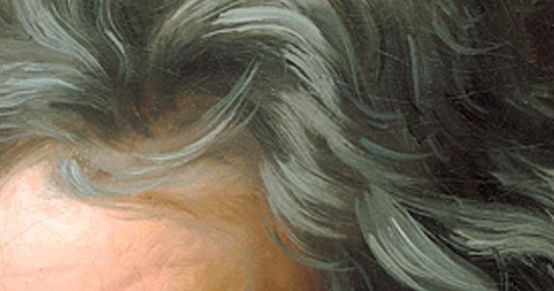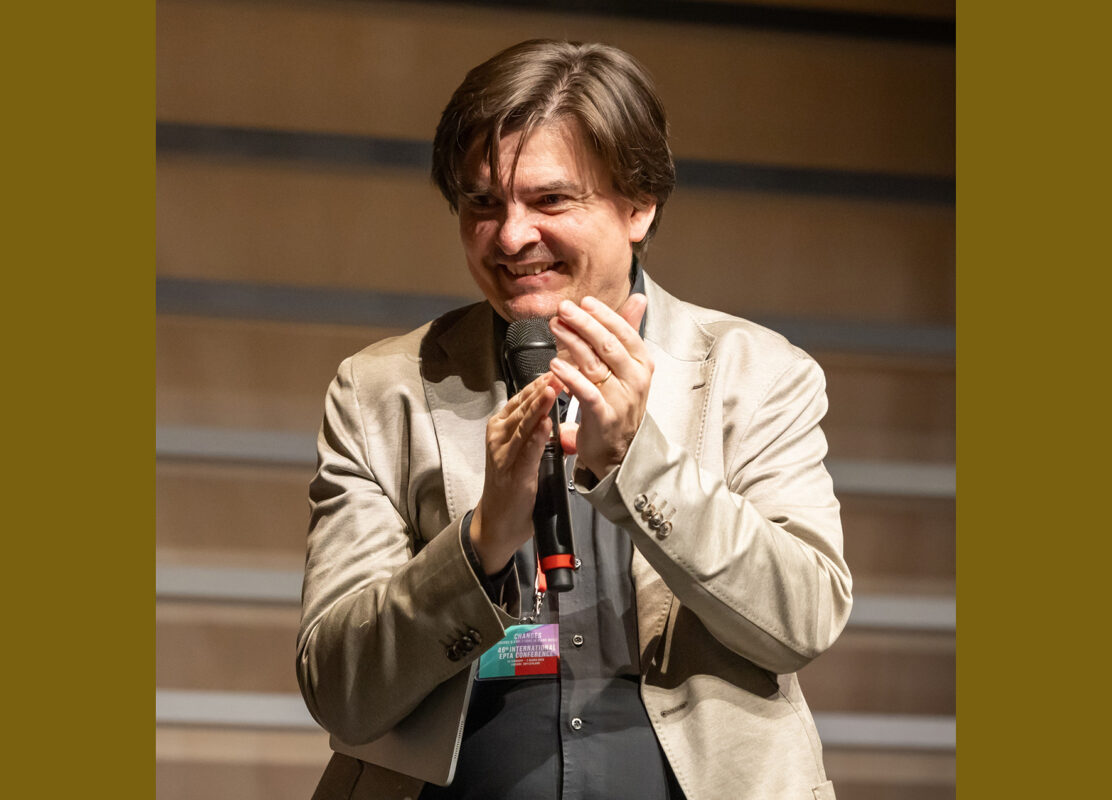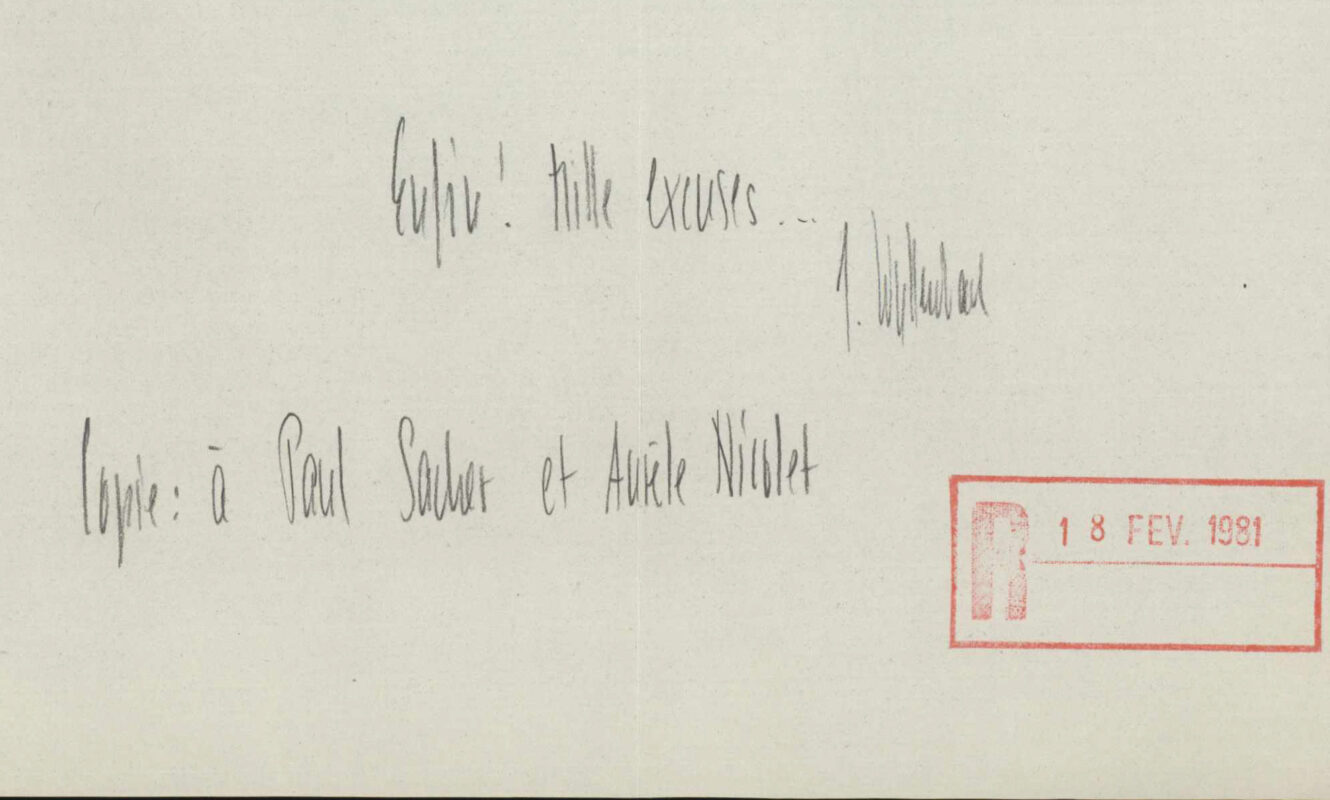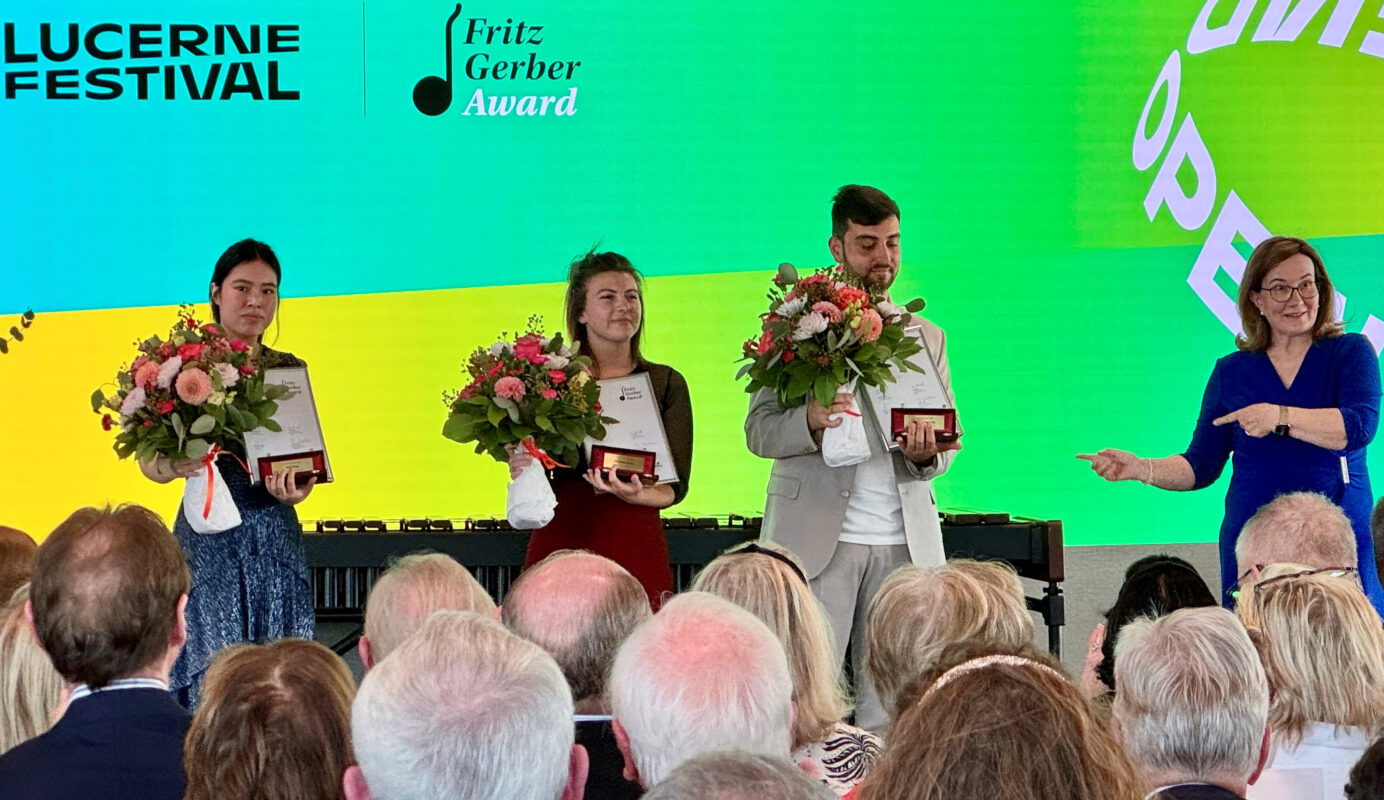Symphony No. 9
Beethoven every Friday: to mark his 250th birthday, we take a look at one of his works every week. Today it's his Symphony No. 9 in D minor.

There are probably no more than a dozen compositions of classical music that have found a permanent place in the public consciousness. The reasons for this are extremely varied; they range from their frequent use on official occasions, in radio, film and television to sometimes not-so-local traditions. Hand on heart: who hasn't heard a more or less festive performance of Beethoven's Ninth on New Year's Eve or New Year's Day, at the end of which the singing seems to eclipse everything symphonic? At least in this sublime moment, it is as if - despite many everyday experiences - all people really are brothers. Moreover, this "Ode to Joy" has never been a bad substitute when no national anthem was available or would fit (for example in Rhodesia, in Kosovo or at the former entry of all-German teams at the Olympic Games). In all these cases, however, Friedrich Schiller's visionary verses were not sung, perhaps not even considered. The same applies (unfortunately) to its official use as the European anthem (since 1985). wordless arranged by Herbert von Karajan in the versions for piano, wind orchestra or orchestra.
There was no shortage of arrangements in the 19th century. Even then, the crucial question was how to deal with the text and the vocal parts. Franz Liszt's virtuoso transcription for piano two hands (1853), for example, became a piano reduction in the finale. Years earlier, Carl Czerny had already had reservations about such a performance when he made his own arrangement for piano four hands: Where should the vocal parts have been inserted, since (as is still customary today) the two players are assigned the left and right pages of the open edition respectively? And so the Leipzig publisher Probst finally published a piano volume in landscape format, while the vocal parts were enclosed separately in portrait format. In a letter dated September 3, 1828, Czerny had expressed himself even more pragmatically (and as we know today: with almost clairvoyant abilities): "The future will appreciate the greatness of musical composition so much that it will forget the words."
Listen in!








